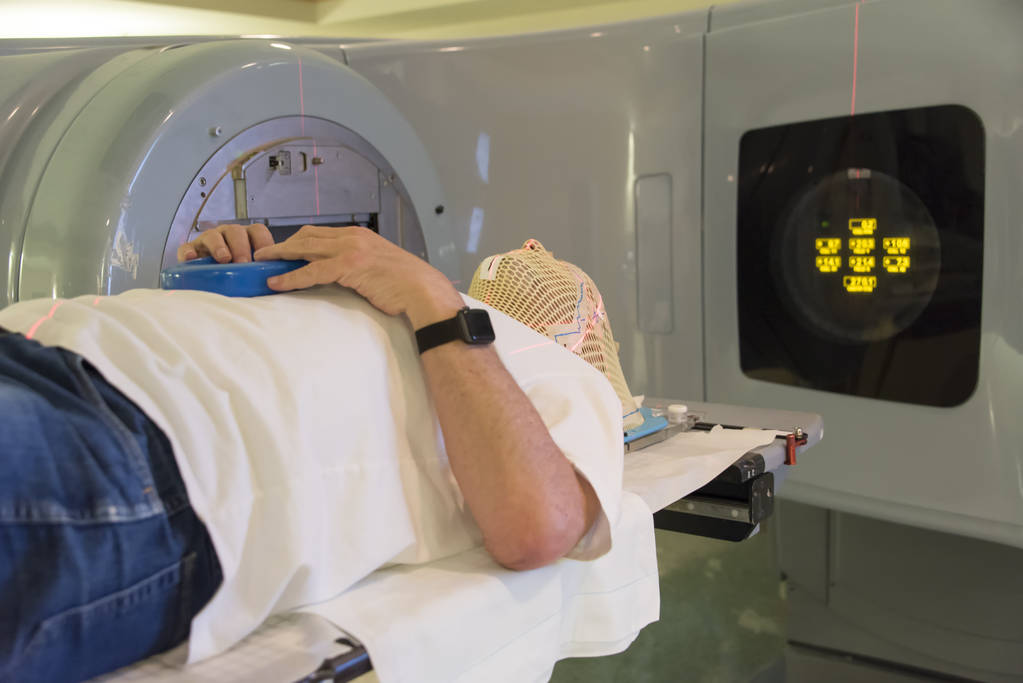Treatment for prostate cancer varies depending on how aggressive the cancer is at the time of diagnosis. Early-stage cancers may only require monitoring initially, but advanced stages require rapid treatment and may involve surgery. Your urologist and cancer care team can offer professional advice throughout treatment to help you prepare for each recommended procedure. Here’s what happens during different stages of treatment:
Watchful Waiting and Active Monitoring

If the diagnosis reveals that your prostate cancer is in the early stages, your urologist can recommend close monitoring. Watchful waiting may be suggested for older men with slow-growing prostate tumours or if your general health rules out cancer treatment. Active monitoring helps to identify the signs of progression as early as possible to begin your treatment at the right time. This phase involves regular checkups, blood tests, digital rectal exams, and occasional biopsies to track the progression of the cancer. The urologist may also suggest lifestyle changes like engaging in regular exercise and consuming a diet with more whole fruits, vegetables, and grains.
Surgical Removal of the Prostate Gland
For localized cancers that haven’t spread to other areas, your urologist can recommend surgery. Radical prostatectomy involves removing the prostate gland and may use robot assistance to make the procedure less invasive. The treatment uses a small camera to assess the prostate and provide a video feed. Your surgeon then uses small incisions and advanced robotic arms to perform the procedure. Urologists can also recommend radiation therapy with the surgery to enhance treatment outcomes.
Radiation Therapy

Radiation therapy uses high-energy radiation to kill cancerous cells that have not spread outside the prostate. External radiotherapy directs radiation beams at the prostate from outside the body, while brachytherapy involves implanting radioactive capsules inside the prostate for gradual radiation delivery. Radiation therapy slows down the progression of cancer and relieves symptoms. It is usually an outpatient procedure. Your urologist can also recommend hormone therapy before or after radiotherapy to improve the treatment’s effectiveness.
Hormone Therapy
- Androgenic male hormones like testosterone can encourage the growth of cancer in your prostate.
- In such cases, your urologist uses medications like LHRH agonists and antagonists to lower your testosterone levels.
- These anti-androgen medications also help to block testosterone’s effects.
- The medication may be delivered through injections or pills.
- Another option is to surgically remove the testicles to permanently lower testosterone levels.
Chemotherapy

If the cancer is more advanced, your urologist can recommend chemotherapy, which uses drugs to kill the fast-growing cancerous cells. Treatment is achieved through intravenous drips or pills administered in cycles. Chemotherapy affects how cancer cells multiply, slowing down progression. The treatment may also reduce pain and other prostate cancer symptoms.
Targeted Therapy
- Targeted therapy involves administering drugs that target specific abnormalities in cancer cells.
- The treatment blocks the abnormalities, causing the cancer cells to die.
- It may be recommended if hormone therapy has been ineffective.
- Your urologist and cancer team can test your cancer cells to see if these drugs suit their specific genetic mutations.
Find Reliable Prostate Cancer Treatments
Treating cancer can involve multidisciplinary teams featuring urologists, dieticians, physical therapists, and more. Once your diagnosis confirms the presence of cancerous cells, your team works out a plan that fits your needs, health, and lifestyle. Contact a urologist today to find out more about prostate cancer treatments.

